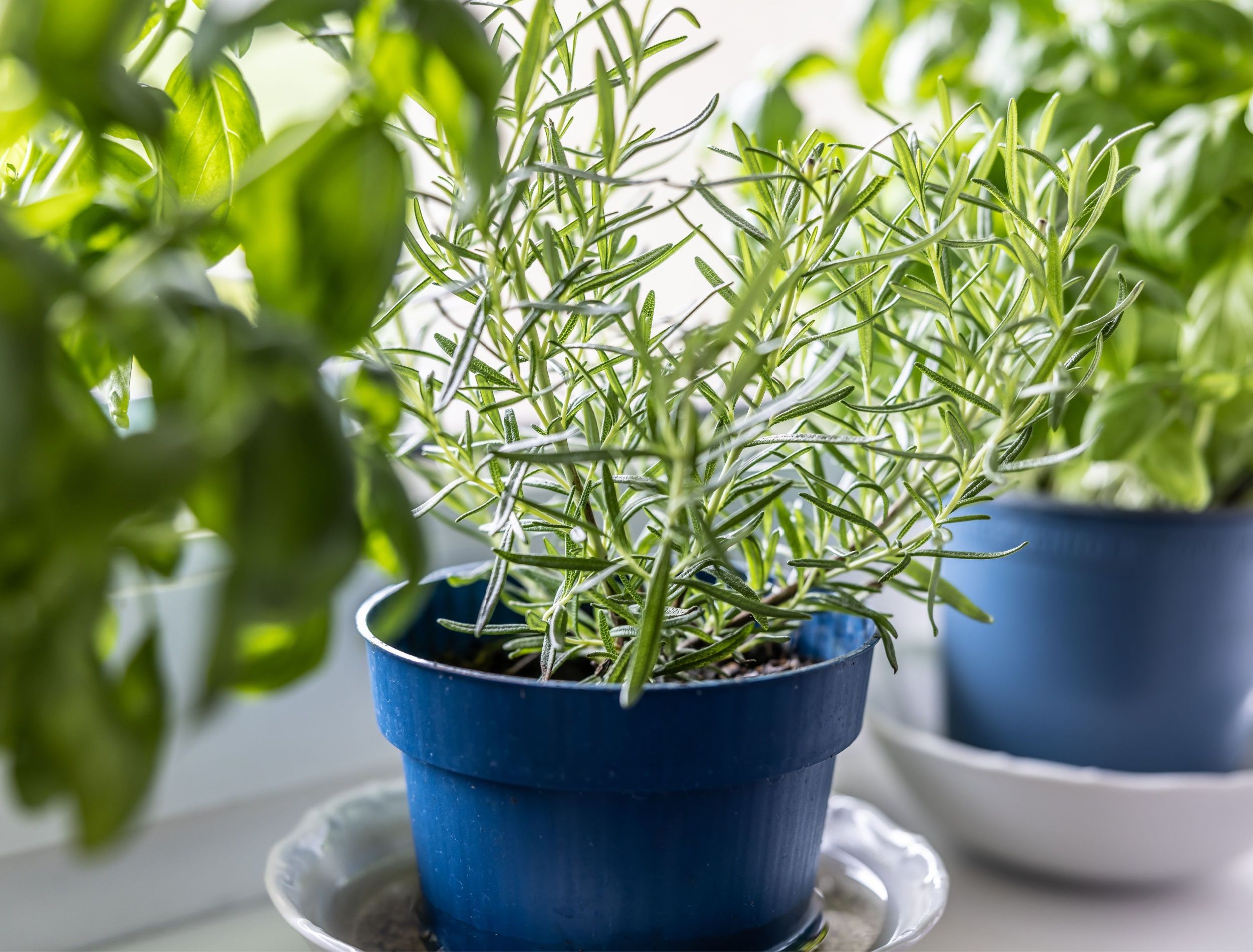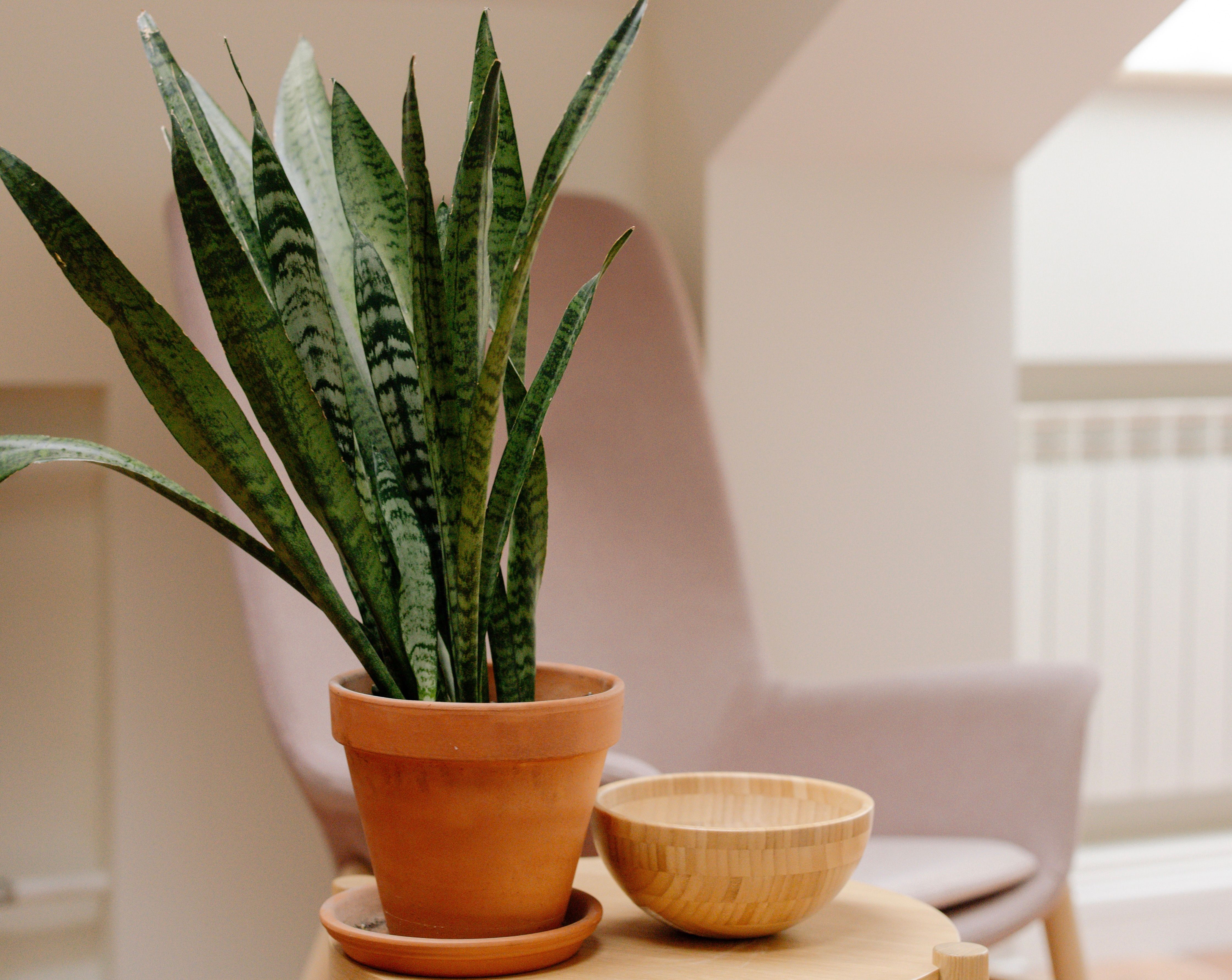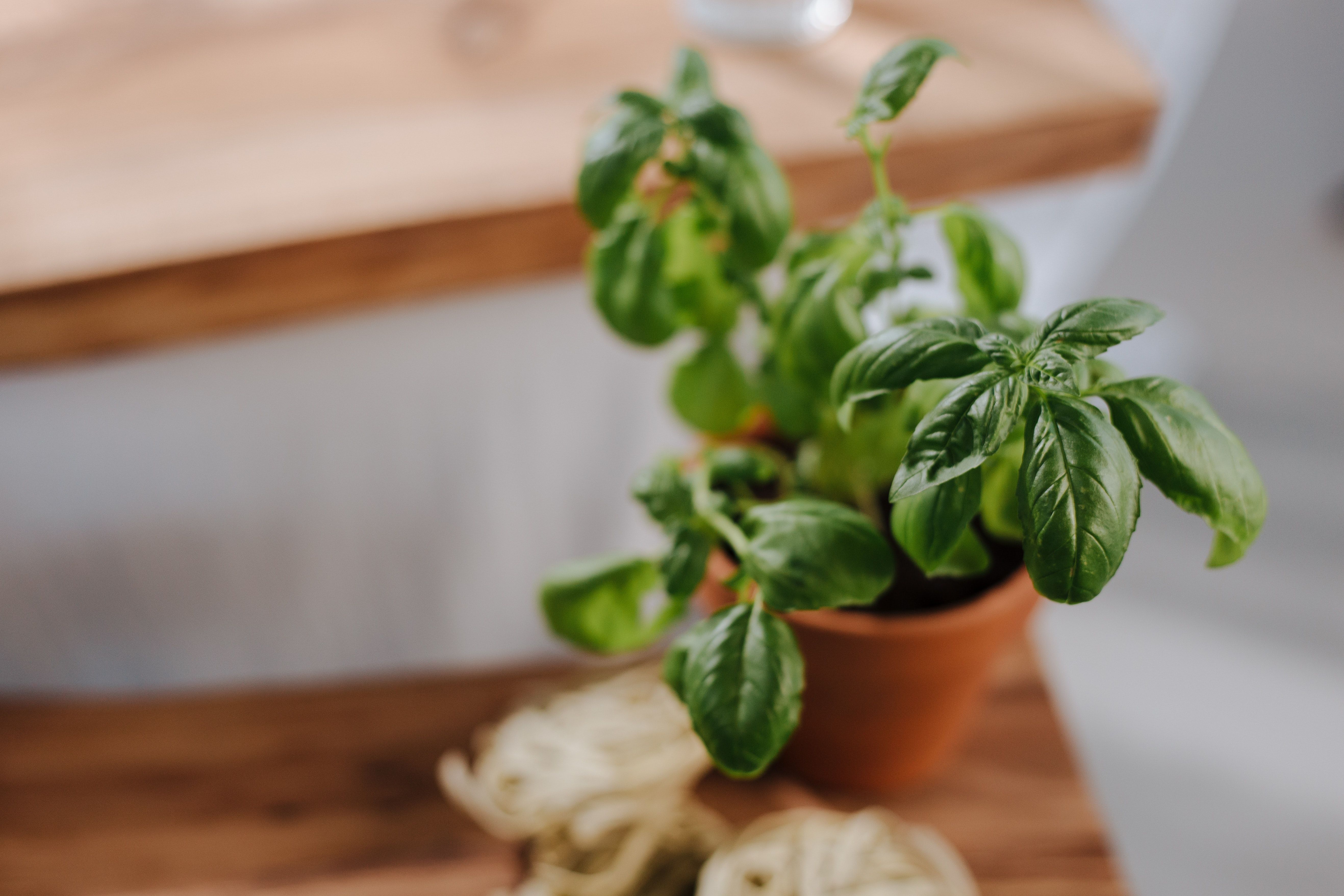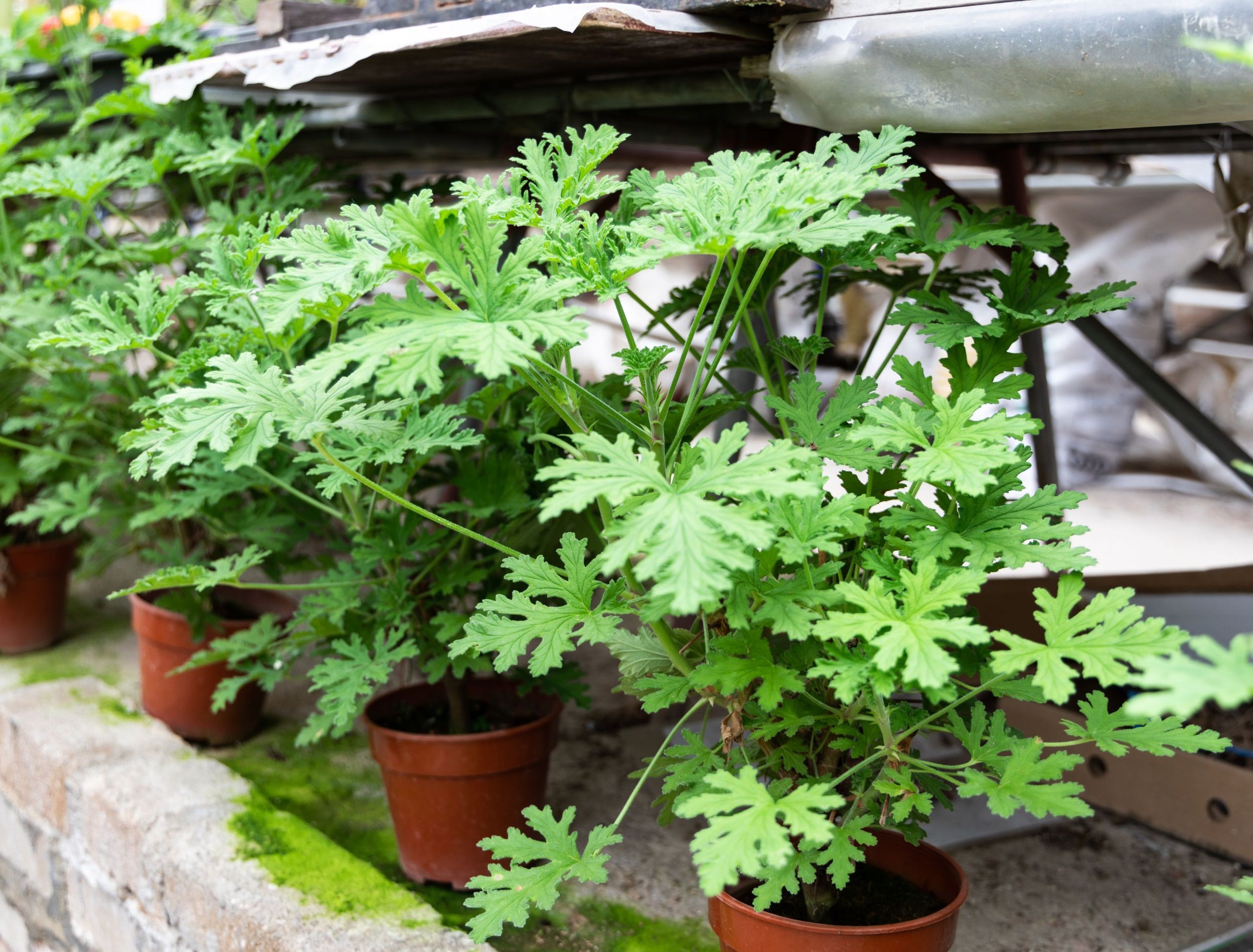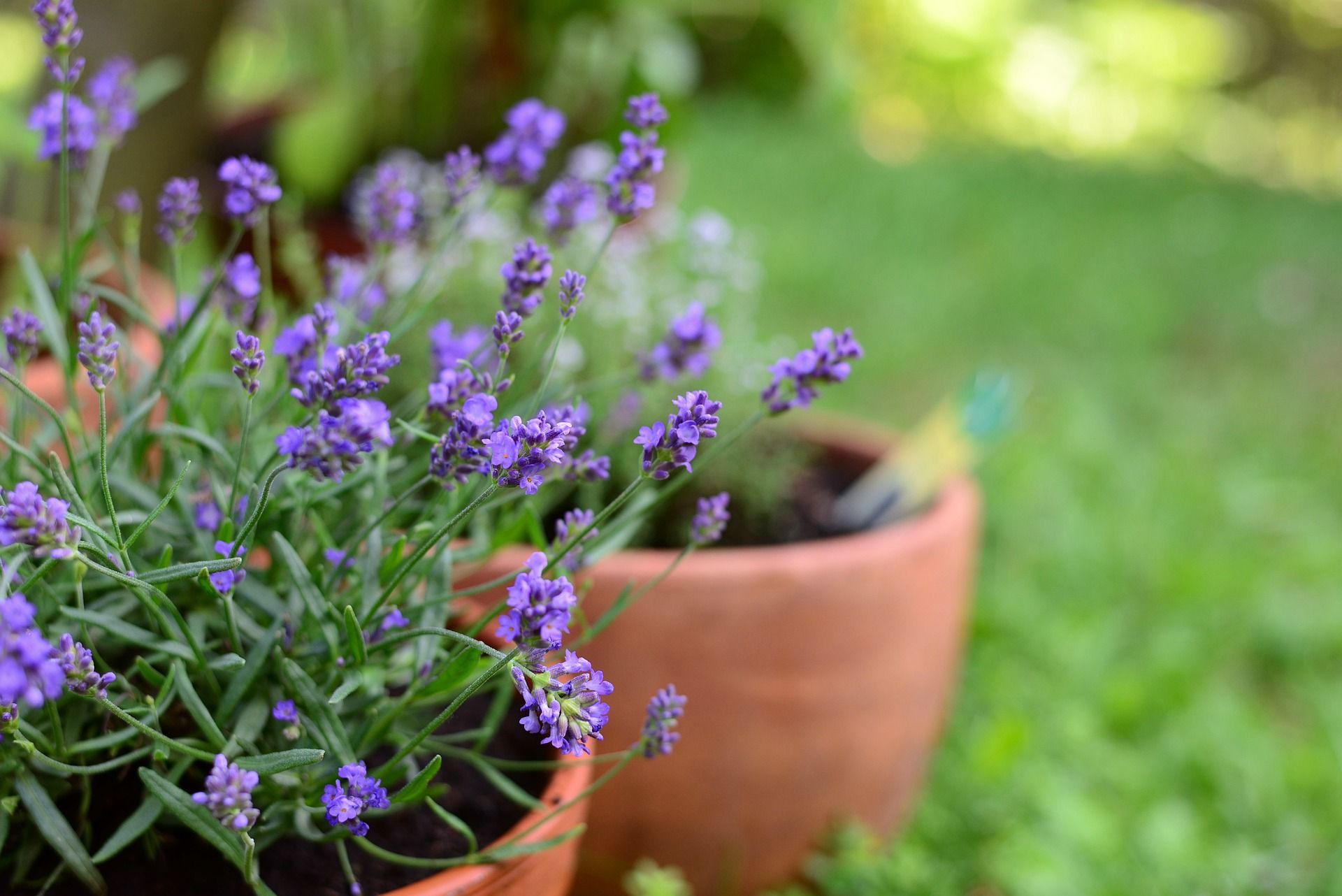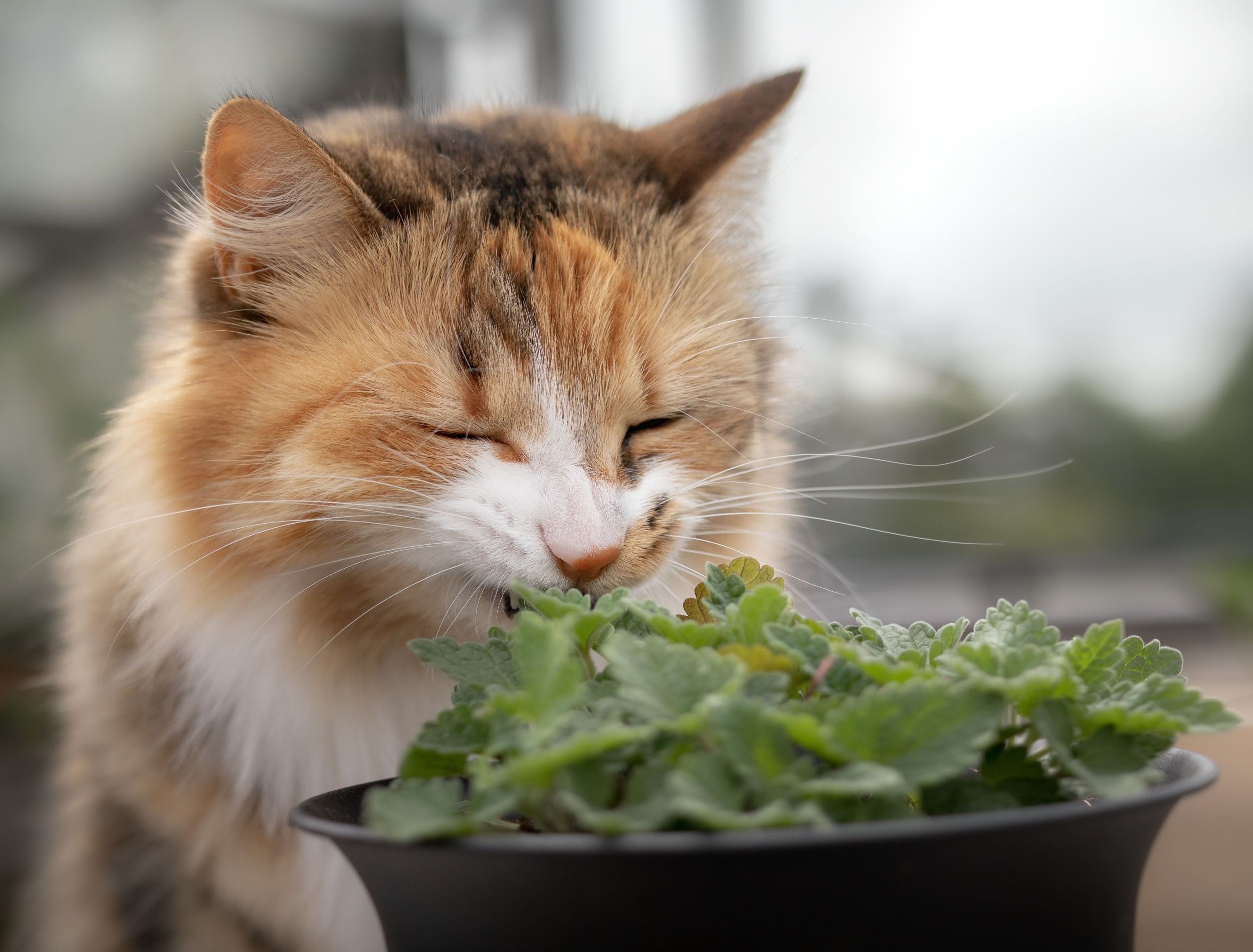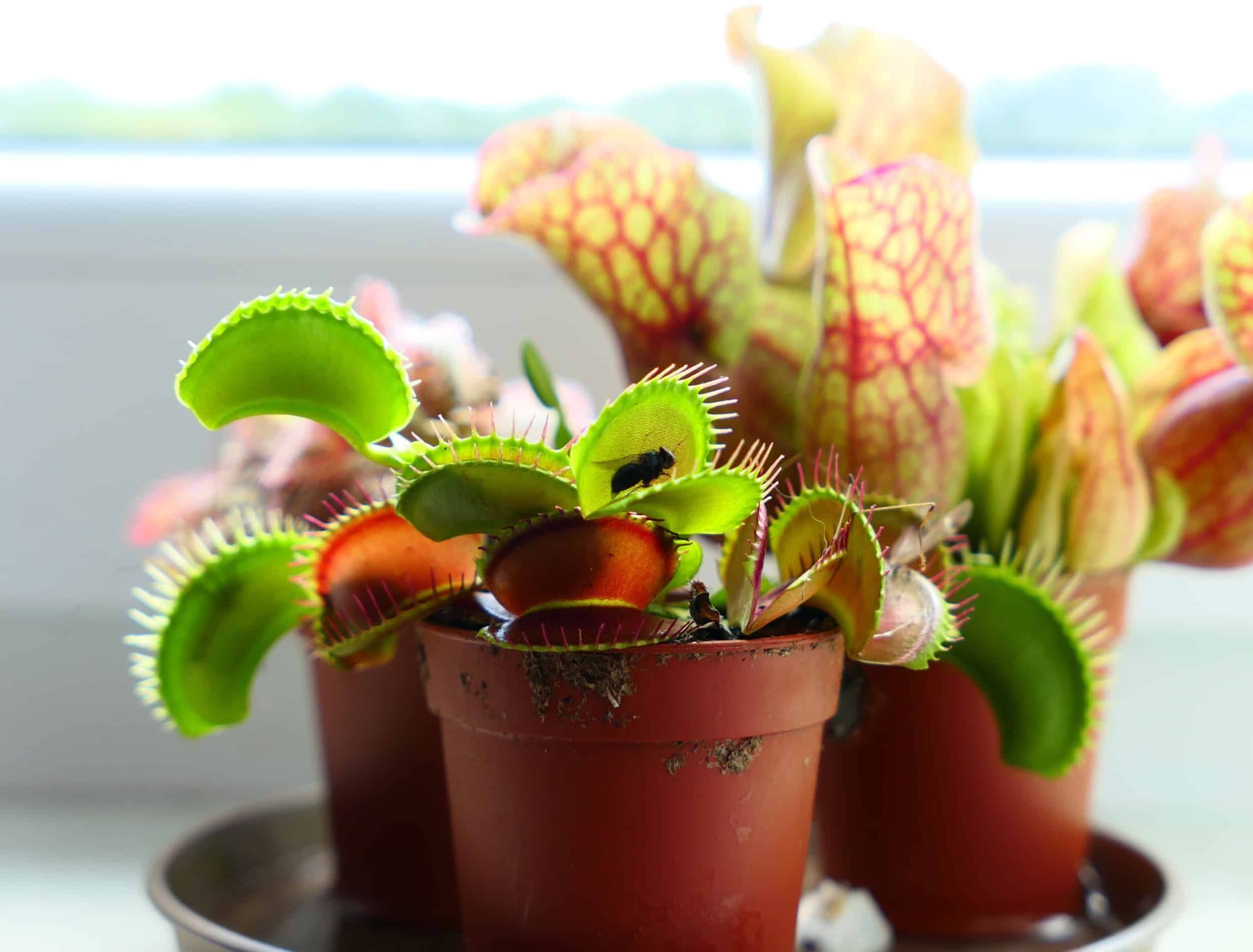Houseplants are more than just home decor: they're a hobby, they bring the freshness of the outdoors inside, and they are even said to improve the air quality. In fact, many houseplants can even repel common pests.
Whether you're fed up with houseflies, mosquitos, or fruit flies, you can rid your home of unwanted guests and decorate with greenery at the same time. Strategic placement and choosing the right plants will ensure your lodging remains bug-free.
Below, you'll find the seven best houseplants to keep in your home that will keep the bugs out of your home!
Snake Plant
Image credits: Cottonbro via Pexels
Snake plants (Dracaena), also known as mother-in-law's tongue, are a popular choice among indoor gardeners. The succulent green foliage holds onto water, making the plants resilient and low-maintenance. Plus, snake plants thrive in indirect light, meaning they're perfect for rooms such as basements.
Snake plants produce a natural chemical called Saponin, which repels insects such as mosquitos. It's important to be aware that this chemical is toxic to humans and pets, so keep it in a safe spot in your home. Also, it's crucial to properly care for your snake plant and avoid common mistakes to ensure it remains happy and healthy.
Basil
Image credits: Ron Lach via Pexels
Basil is the perfect houseplant to grow if you're looking to decorate your kitchen windowsill, add garnishing to your fav dishes, and repel houseflies, mosquitos, and fruit flies. While the scent is a favorite among home cooks, it's not so attractive to those unwelcome pests.
Also, basil is incredibly easy to grow. It requires well-drained soil, regular watering, and full sun. Then, you can harvest, store, and enjoy the delicious herb all year round.
As an added bonus, you can make your own DIY pest repellent spray using basil. Allow 6 ounces of basil leaves (with stems attached) to soak in 4 ounces of boiling water for a few hours. Then, remove the leaves from the water and combine the basil water with 4 ounces of vodka. Transfer into a spray bottle and use as desired.
Citronella Grass
Image credits: ThamKC via Shutterstock
You may have placed a few citronella candles around your balcony in the summer to repel mosquitos, but did you know you can also grow this plant indoors?
Citronella (Cymbopogon nardus) has lengthy, grass-like foliage with an attractive lemon-y fragrance. The oil from the plant is what repels mosquitos. You can use citronella oil on your clothes as a natural mosquito repellent.
Rosemary
Image credits: Bogdan Sonjachnyj via Shutterstock
Like basil, rosemary is great if you're on the hunt for a multifunctional plant. It's beautiful in its own right and will fit perfectly with the rest of the plants in your indoor herb garden. Well-drained, moist soil and at least six to eight hours of sun per day will keep these herbs happy.
The woody scent of rosemary, while a fragrant addition to many summer dishes, actually repels pests such as mosquitos and other insects. This includes bean beetles, carrot flies, and cabbage moths, which can harm vegetable plants.
On top of displaying rosemary on your windowsill, you can harvest the herb for a natural DIY bug repellent. Then, place the dried rosemary sachets in your clothing drawers to repel moths and other pests. This will also keep your clothes smelling fresh! As an alternative, you can create your own spray repellent.
Add 1 quart of rosemary (dried) to 1 quart of water, soaking for a half hour. Strain the liquid and add a quart of cold water. Then, store in spray bottles and keep in your fridge. Spray on your clothing before you go outside to protect yourself from bugs!
Lavender
Image credit: congerdesign via Pixabay
Lavender is a beautiful long-stemmed plant that boasts elegant purple buds and a luxurious floral scent. To help this plant thrive and bloom, plant in well-drained soil with a pH of 6.5 to 7.5 and ensure it gets plenty of sunlight.
These eye-catching violet flowers are known for their inviting scent. With that said, insects such as moths, fleas, flies, and mosquitos detest the fragrance. Plant lavender in containers and place near windows or doors to keep your home pest-free. You can also use lavender oil on your skin to protect yourself from bugs while you're working in the garden.
Catnip
Image credits: sophiecat via Shutterstock
Catnip (Nepeta cataria) is a herbaceous perennial famous for its ability to attract cats. The plant has classic velvety green foliage and small ethereal white or light purple flowers that bloom from spring through late fall. Since catnip is a weedy herb, it's best to grow the plant indoors in a pot.
While catnip is appealing to your feline friends, it deters mosquitos and fruit flies. The aromatic oil, which resembles a skunk-y scent, is what draws the kitties in while telling pests to buzz off. With that said, humans shouldn't notice the fragrance unless they directly sniff the plant.
Venus Fly Trap
Image credits: Studio Barcelona via Shutterstock
If you've got a fly problem, it's time to bring a Venus fly trap into your home. While this plant can be difficult to care for, there are a few simple tips that will help your plant survive and kill pests. Ensure the plant gets plenty of sunlight, at least two to four hours a day, and use a grow light if necessary. Also, keep humidity high by planting in a terrarium or keeping the plant in your bathroom.
Since Venus fly traps are carnivorous, they need to eat. This is why they are the perfect solution to a fly problem! So, leave your doors open in the summer stress-free with the knowledge that your plant will eventually eat the flies!
Buzz Off!
Pests such as houseflies and mosquitos are frustrating, but you can decorate your home and solve your pest problems with these common houseplants. Remember that issues such as overwatering and failing to isolate new plants can bring common houseplant pests into your home, so proper plant care is essential.
Do you know any houseplants that repel common pests? Share in the comments below!

